Home

Anovulation Meaning Explained: What You Need to Know About Its Causes & Treatment
In this Article
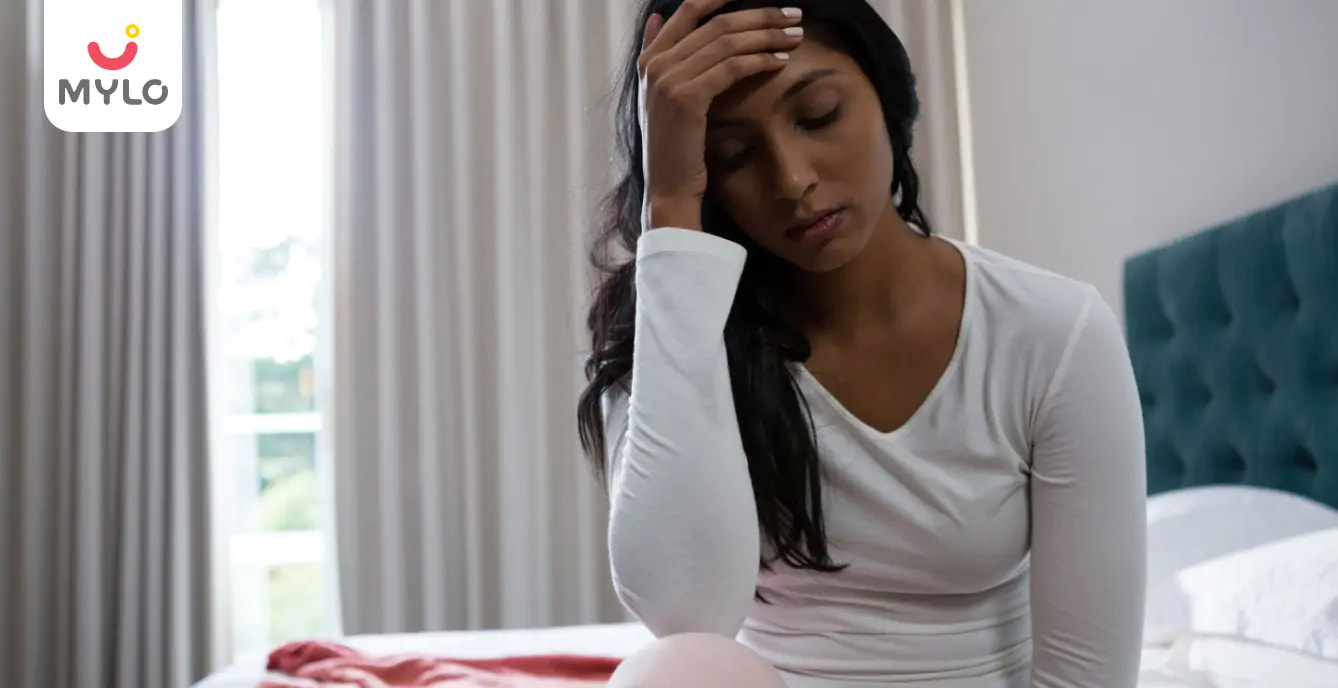
Getting Pregnant
Anovulation Meaning Explained: What You Need to Know About Its Causes & Treatment
Updated on 7 December 2023



Medically Reviewed by
Dr. Shruti Tanwar
C-section & gynae problems - MBBS| MS (OBS & Gynae)
View Profile

Anovulation meaning, simply put, is when a woman's ovaries fail to release an egg during her menstrual cycle. You might wonder, "Why is this such a big deal?" Well, my curious friend, the release of an egg is a crucial step in the complex dance of fertility, setting the stage for the possibility of conception and pregnancy. When anovulation occurs, this delicate choreography is disrupted, and the journey towards starting a family may encounter obstacles.
But fear not, every problem comes with a solution! Throughout this exploration, we will delve into the anovulation causes and highlight the treatment for anovulation. From hormonal imbalances to polycystic ovary syndrome (PCOS), we will uncover the underlying factors that can lead to an anovulatory cycle, empowering you with the knowledge to understand your body better or support those around you.
Anovulation Meaning: What is Anovulation?
Anovulation is when a woman's ovaries do not release an egg during her menstrual cycle. In a typical menstrual cycle, the ovaries release an egg, a process known as ovulation, which is necessary for conception and pregnancy. However, in cases of anovulation, this crucial step is disrupted, leading to difficulties in achieving pregnancy.
During a menstrual cycle, a complex interplay of hormones triggers the growth and development of an egg within a fluid-filled sac called a follicle. As the cycle progresses, the dominant follicle matures and eventually ruptures, releasing the egg into the fallopian tube, where it can be fertilized by sperm.
Anovulation can have significant implications for women who are trying to conceive. Without the release of an egg, fertilization and pregnancy become challenging. Identifying the underlying cause of anovulation is crucial in determining appropriate treatment options.
What is the Difference between an Ovulatory and Anovulatory Cycle?
The critical difference between ovulatory and anovulatory cycles lies in the occurrence of ovulation, which is the release of an egg from the ovaries during a woman's menstrual cycle.
In an ovulatory cycle, the ovaries release a mature egg, which travels through the fallopian tubes and awaits fertilization by sperm. This process is essential for achieving pregnancy. Women with regular menstrual cycles usually experience ovulation each month, though the timing may vary slightly from cycle to cycle.
On the other hand, in an anovulatory cycle, ovulation does not occur. The ovaries fail to release an egg, disrupting the natural reproductive process. Menstrual cycles without ovulation may be irregular, with unpredictable cycle lengths or missed periods.
It's important to note that not all anovulatory cycles are the same. Some women may experience occasional anovulation due to factors like stress, illness, or hormonal fluctuations, while others may have a chronic anovulatory condition, such as polycystic ovary syndrome (PCOS).
Anovulation Symptoms
Now that we have understood fully anovulation meaning, it’s important to know what symptoms it may present. The following are common anovulation symptoms:
- Irregular menstrual cycles
- Absent or infrequent periods
- Changes in menstrual flow
- Lack of ovulation symptoms (such as mid-cycle pelvic pain)
- Hormonal imbalances (acne, hirsutism, weight changes, mood swings, breast tenderness)
- Difficulty conceiving
Anovulation Causes
Anovulation can occur due to one or many of the below-mentioned causes:
- Hormonal imbalances (e.g., disruptions in estrogen, progesterone, LH, and FSH levels)
- Polycystic ovary syndrome (PCOS)
- Thyroid disorders
- Excessive exercise or strenuous physical activity
- Chronic stress
- Obesity or significant weight changes
- Certain medical conditions (e.g., hypothalamic dysfunction)
- Certain medications (e.g., certain antidepressants or hormonal medications)
Please note that this is not an exhaustive list, and other factors can contribute to anovulation. It's recommended to consult with a healthcare professional for a comprehensive evaluation and personalized guidance regarding your specific situation.
What is the Treatment for Anovulation?
Having understood anovulation meaning, symptoms and causes, it’s time to find out about its treatment. The treatment for anovulation depends on the underlying cause and individual circumstances.
Here are some common approaches and interventions used to address an anovulatory cycle:
1. Lifestyle modifications
Making specific lifestyle changes can be beneficial in managing anovulation. These include maintaining a healthy weight, exercising regularly, managing stress, and adopting a balanced diet.
2. Medications
Fertility medications are often prescribed to stimulate ovulation. One common medication is clomiphene citrate, which helps induce ovulation by stimulating the release of follicle-stimulating hormone (FSH) from the pituitary gland. Other medications, such as letrozole or gonadotropins, may be used in specific cases.
3. Hormonal therapy
Hormonal imbalances can contribute to anovulation. Hormonal therapy, such as oral contraceptive pills or progesterone supplements, may be prescribed to regulate hormone levels and promote regular ovulation.
4. Surgery
In some cases, surgical intervention may be necessary. For example, laparoscopic ovarian drilling can be performed to address anovulation associated with conditions like polycystic ovary syndrome (PCOS). This procedure involves making small incisions in the ovaries to destroy a portion of the ovarian tissue, helping restore ovulation.
5. Assisted reproductive technologies (ART)
Assisted reproductive technologies, such as in vitro fertilization (IVF), may be recommended in more complex cases. IVF involves stimulating the ovaries to produce multiple eggs, fertilized in a laboratory setting. The resulting embryos are then transferred to the uterus for implantation.
FAQs
1. Can I get pregnant with anovulation?
Conceiving with anovulation naturally can be challenging. However, there are still possibilities for pregnancy, especially with the help of medical interventions such as ovulation-inducing medications.
2. What does anovulation cycle lead to?
The consequences of an anovulation can be infertility, irregular menstrual cycles, hormonal imbalances, increased risk of conditions like PCOS, and the need for medical intervention.
3. How do you fix anovulatory cycle naturally?
You can manage anovulation naturally by maintaining a healthy weight, managing stress, following a balanced diet, and indulging in regular workouts. Moreover, one can incorporate herbal remedies and lead a healthy lifestyle by limiting alcohol and caffeine.
Final Thoughts
In conclusion, anovulation, the absence of ovulation, can present challenges for women trying to conceive and may have various impacts on reproductive health. Understanding the anovulation meaning and its potential consequences empowers women to make informed decisions, seek timely treatment for anovulation, and embark on their reproductive journey with hope and confidence.
References
- Jones, K., & Sung, S. (2023). Anovulatory Bleeding. PubMed; StatPearls Publishing.
- Rebar, R. (2018). Evaluation of Amenorrhea, Anovulation, and Abnormal Bleeding. Nih.gov; MDText.com, Inc.





Medically Reviewed by
Dr. Shruti Tanwar
C-section & gynae problems - MBBS| MS (OBS & Gynae)
View Profile


Written by
Madhavi Gupta
Dr. Madhavi Gupta is an accomplished Ayurvedic doctor specializing in Medical content writing with an experience of over 10 years.
Read MoreGet baby's diet chart, and growth tips

Related Articles
RECENTLY PUBLISHED ARTICLES
our most recent articles
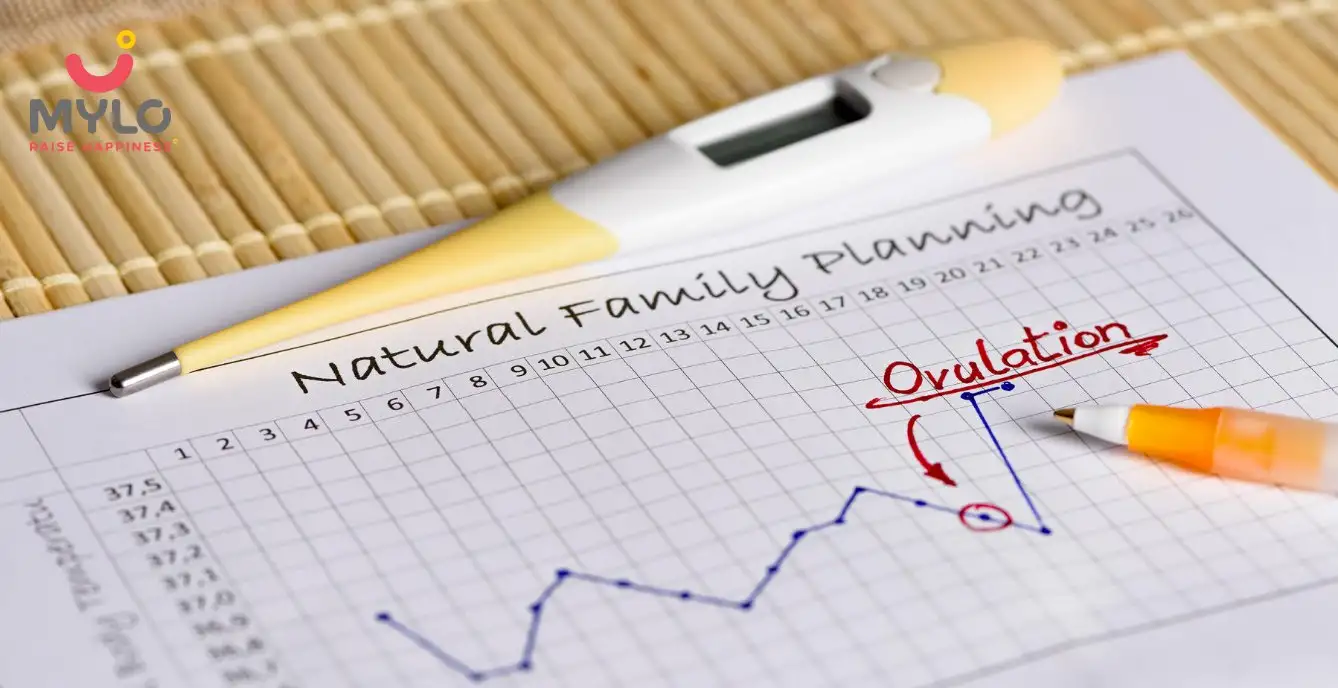
Basal Body Temperature
Basal Body Temperature: How It Can Help You Track Ovulation?
Ovulation
Ovulation Pain: Is It Normal or a Cause for Concern?
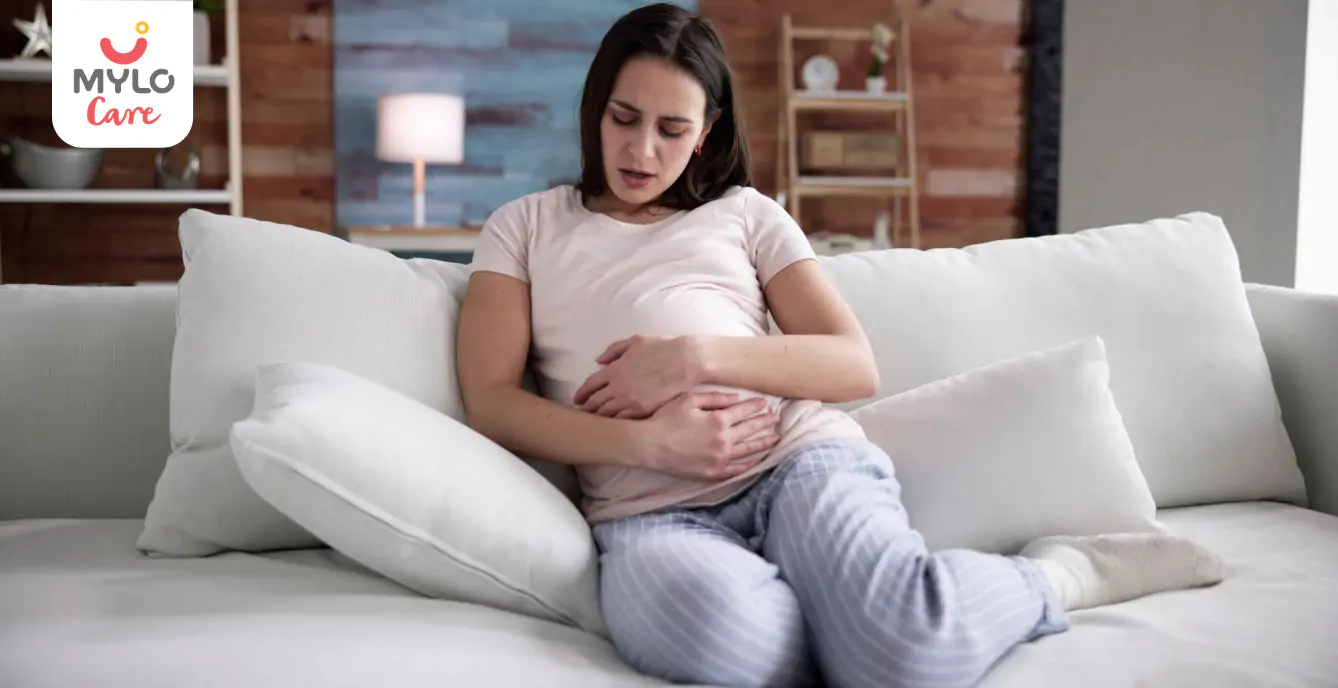
Diet & Nutrition
Special Home Remedies For Gas During Pregnancy
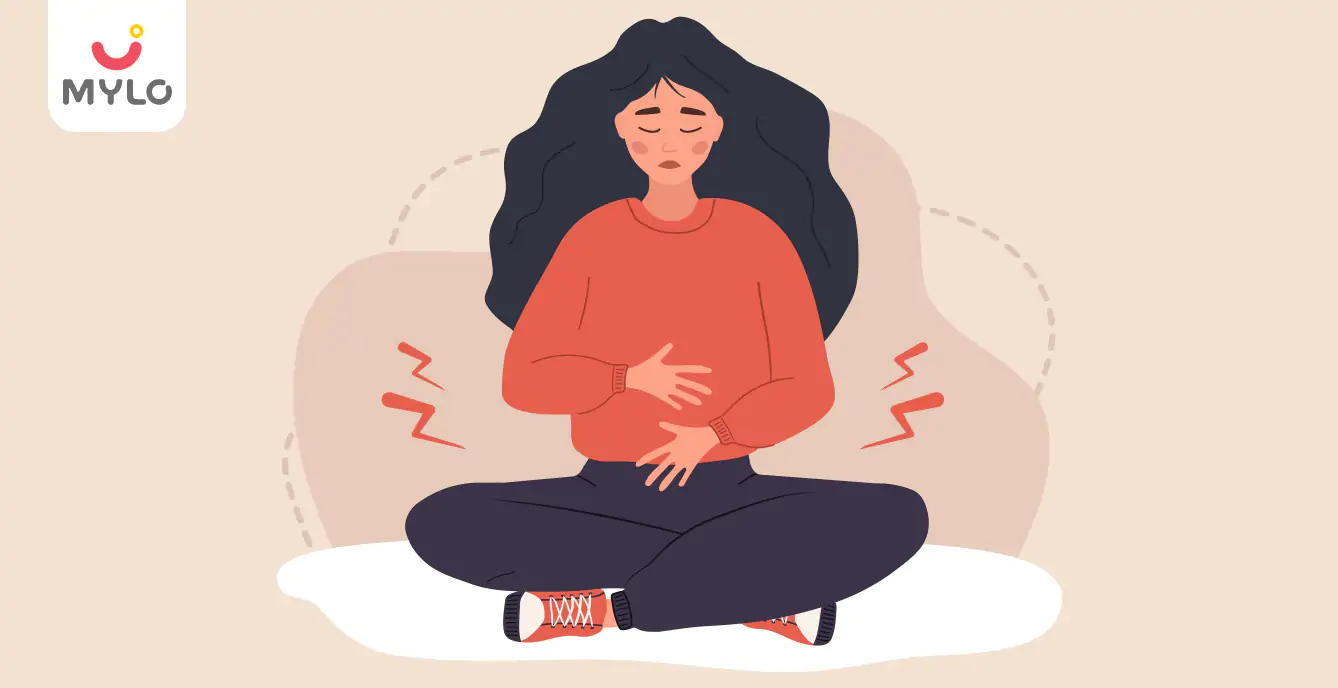
PCOS & PCOD
PCOD Problem After Marriage: Debunking Common Misconceptions and Finding Solutions

Ovulation
White Discharge After Ovulation: A Normal Occurrence or Cause for Concern?
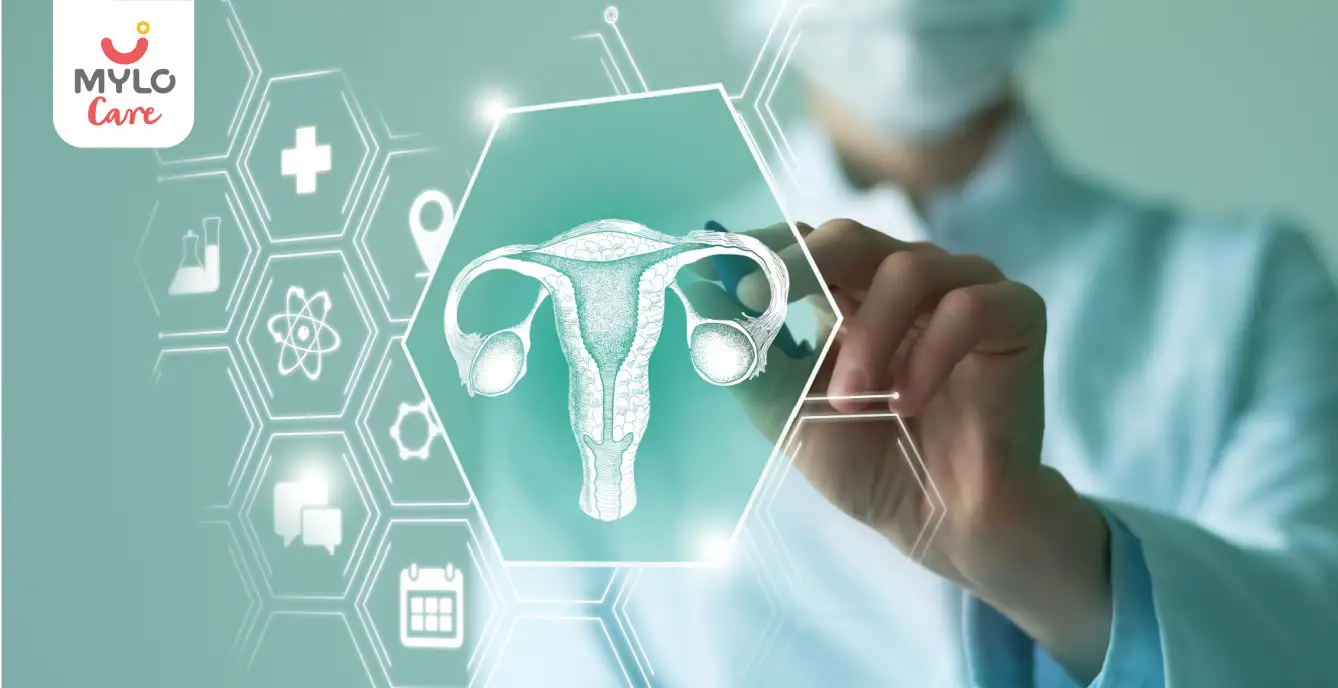
Ovaries
Normal Ovary Size: How It Varies and What It Means for You
- 2024 Calendar with Holidays and Festivals of India
- After-Abortion Sex: A Guide to Physical and Emotional Wellness
- Cervical Cerclage: A Closer Look at the Procedure and Its Benefits
- The Ultimate Guide to Panchatantra Stories for Kids
- Which Is Better Normal Or Cesarean Delivery
- How to Get Baby in Right Position for Birth?
- Paheliyan 101: Riddles for Kids That Educate and Entertain
- The ABCs of Cephalic Presentation: A Comprehensive Guide for Moms-to-Be
- The Ultimate Guide to Consuming Chia Seeds in Pregnancy
- Essential Tips for Normal Delivery After Cesarean
- Crab During Pregnancy: Benefits, Risks and Smart Choices
- Normal Delivery Tips: An Expecting Mother's Guide to a Smooth Childbirth Experience
- Top 10 Panchatantra Stories in English You Must Read to Your Children
- What Helps in Improving Mental Health of Women


AWARDS AND RECOGNITION

Mylo wins Forbes D2C Disruptor award

Mylo wins The Economic Times Promising Brands 2022
AS SEEN IN

- Mylo Care: Effective and science-backed personal care and wellness solutions for a joyful you.
- Mylo Baby: Science-backed, gentle and effective personal care & hygiene range for your little one.
- Mylo Community: Trusted and empathetic community of 10mn+ parents and experts.
Product Categories
baby carrier | baby soap | baby wipes | stretch marks cream | baby cream | baby shampoo | baby massage oil | baby hair oil | stretch marks oil | baby body wash | baby powder | baby lotion | diaper rash cream | newborn diapers | teether | baby kajal | baby diapers | cloth diapers |




